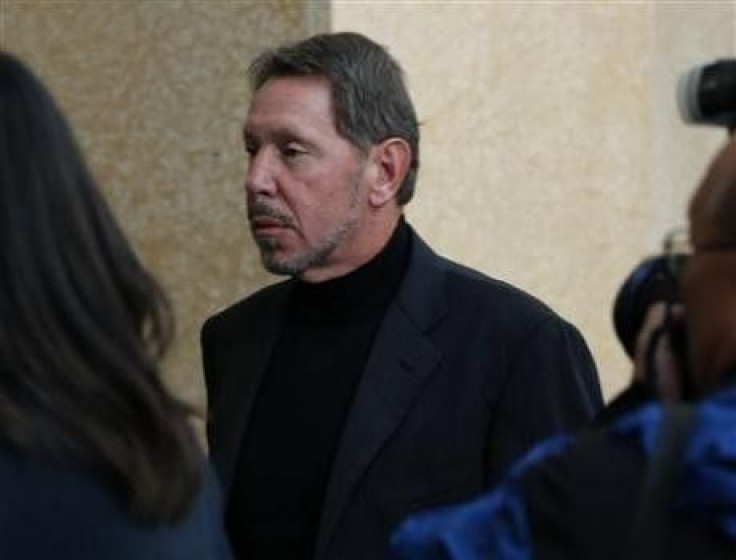Oracle-SAP Trial Gets Ugly

The trial involving rival enterprise software providers Oracle and SAP has turned ugly and the end result could end up damaging both companies.
The complex civil suit out of the Northern District of California dates back to 2007, when Oracle claimed TomorrowNow, a SAP subsidiary based out of the U.S., stole copyrighted material. The suit said TomorrowNow illegally downloaded a massive volume of files including software, source code, and support documentation. SAP has already admitted guilt on behalf of TomorrowNow and itself.
The ongoing trial, presided by U.S. District Court Judge Phyllis Hamilton, is to set the damages awarded to Oracle.
A number of big-name witnesses, including Oracle CEO Larry Ellison and co-President Safra Catz, have added to the drama of the case. In his testimony, Ellison said the actions by SAP cost his company $4 billion. Other Oracle executives had pegged the damages anywhere from $2 billion to $7 billion. SAP is trying to get that number down, arguing for $40 million.
Rob Enderle, technology analyst at The Enderle Group, says he does not believe Oracle has justified the amount they are asking for.
If you want to prove astronomical damages like that, you have to look at a huge effect. They haven't done that. It sounded like Ellison was pulling numbers out of his butt. Juries are typically made up of retired folks, folks between jobs, people who understand this stuff. You can't just expect them to believe this magic multibillion dollar value, Enderle said.
Patrick Walravens, analyst at JMP Securities, says the situation has gotten trickier because the judge has excluded certain evidence and arguments about projected sales. In testimony, Oracle's damage expert Paul Meyer said SAP's activity cost Oracle approximately $1.6 billion. Regardless of the amount, Walravens doesn't see many positives coming out of this trial for SAP.
At the end of the day, it's all upside for Oracle and all downside for SAP. SAP has admitted to liability and it comes down to how much they are going to have to pay. Also, most of the days I've been at the trial, there's been an FBI agent there and you have to wonder if we're going to see criminal charges after this trial ends. SAP has paid for Oracle's legal fees to the tune of $120 million. And Oracle has gotten to lay out for the public the facts around TomorrowNow, which were pretty egregious, Walravens said.
Yet, Enderle isn't as sure the trial will be a total loss for SAP. This is because the trial has taken another odd twist as reports in the media have said Oracle has summoned Leo Apotheker, a longtime Oracle employee and current CEO of its biggest rival, Hewlett-Packard (HP), to testify. The move, which neither company would confirm or deny, could make Oracle look bad in the eyes of potential enterprise customers says Enderle.
It makes them look crazy, like the whole trial is a façade to harass HP. They don't need him at all. It makes no sense. There are customers who use both HP and Oracle together and this move probably is scaring the holy hell out of them. They are asking how are these two companies going to work together to service me? And who are people going be upset at? Not HP, HP has had nothing to do with this, they'll be mad at Oracle, Enderle said.
Enderle also said to IT buyers, the trial may look like an Oracle's strategy to put SAP out of business. For people who have chosen to use Oracle's products, he says, it looks like the company is trying to force their hand.
Even though SAP stole from Oracle, they could come out looking better as someone who sold services to customers who didn't want to deal with Oracle. They could look like a Robin Hood thieves. From an image standpoint, it's probably doing more to Oracle, Enderle said.
Not everyone is convinced the trial will have any kind no impact at all. Ross MacMillan, analyst at Jeffries & Co., says the trial is noise and will have little impact on either company's stock.
It'd be absurd for a customer to care about this trial. It might be distracting to senior management, but I don't think it's a very big deal nor do I think it has a particular impact to either company's valuation, MacMillan said.
© Copyright IBTimes 2024. All rights reserved.











